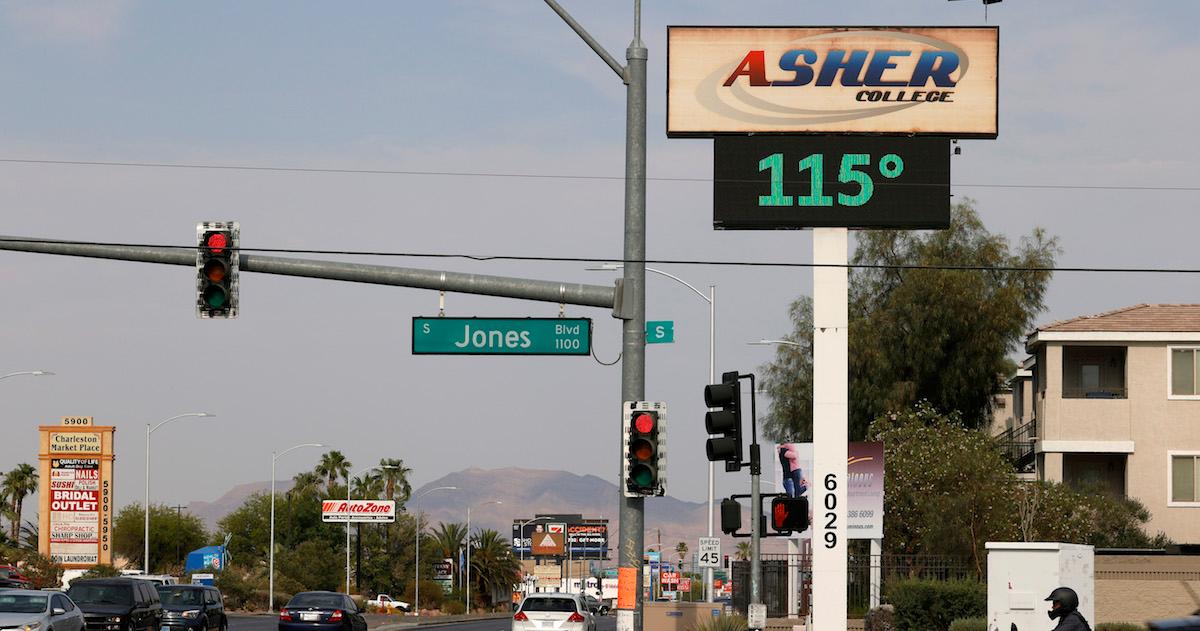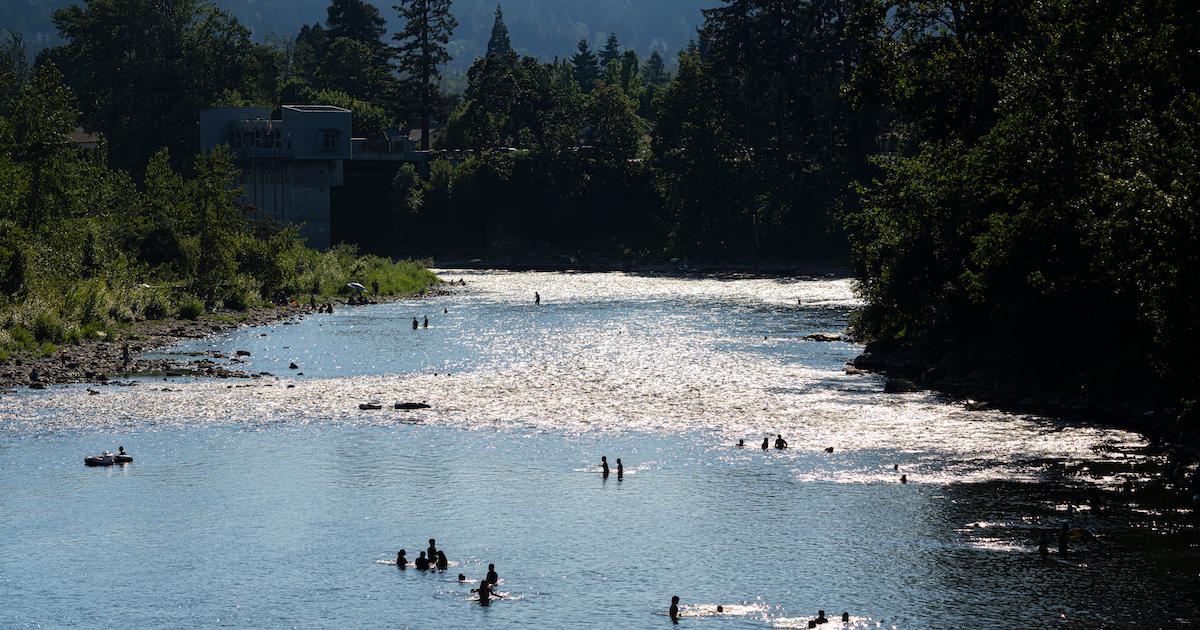How the Worldwide Heat Waves Are Related to Climate Change
Published July 15 2021, 5:14 p.m. ET

With each passing year, Earth becomes just a little bit warmer. And those tiny degrees can lead to huge jumps in extreme heat conditions, and feel a heck of a lot hotter when you’re in the thick of it. Heat waves are known to cause more fatalities annually than any other weather hazard. They cause droughts, forest fires, and result in adverse health conditions. Environmental scientists already know that climate change has a direct effect on heat waves, and those conditions are only getting worse.

How does climate change affect heat waves?
According to the Center for Climate and Energy Solutions (C2ES), the past decade has seen daily record high temperatures occurring twice as often as record lows. As a result, heat waves have become more ubiquitous than ever, and those heat waves are the direct result of the steadily rising global temperatures caused by climate change.
C2ES reports that daily temperatures will be increased by at least 5 degrees Fahrenheit by mid-century if greenhouse gas emissions are not significantly reduced. Those temperatures could rise to 10 degrees by the end of the century. As a result, the number of days with temperatures over 90 degrees will increase twentyfold or thirtyfold, and that heat index has the potential to rise even higher, and with greater frequency by the end of the 21st century.

Are heat waves considered natural disasters?
According to a 2020 study, heat waves were first declared as a type of natural disaster in September 2018. This determination was made by the Framework Act on the Management of Disasters and Safety and was corroborated by other government agencies such as the EPA. According to DoSomething, heat waves are just as dangerous as floods, lightning, hurricanes, or tornadoes. They might even be deadlier, considering they kill around 1,300 people a year, on average.
That said, heat waves are anything but natural — emissions here on Earth are raising temperatures.

Are heat waves getting worse?
Though it’s difficult to predict the exact intensity of subsequent heat waves, we can look at trends and know with certainty that they are coming. According to the The Los Angeles Times, heat waves have become increasingly more frequent and severe for decades. This is in direct correlation to increased global mean temperatures, which have resulted in heat waves that are longer, earlier, and more intense than they have ever been before.
As C2ES previously stated, humanity’s failure to transition away from fossil fuels will undoubtedly result in year-long heat wave conditions in many parts of the world, especially in the tropics. If that occurs, billions of animals and plants will go extinct, and billions of people will be forced to migrate to cooler climates in the North or perish themselves.
The sustained heat waves of this grim future would also wind up killing crops, causing droughts, and making conditions for deadly wildfires even more ideal. It’s not a world that anyone would wish to live in, but if the recommendations of the scientific community and the Paris Agreement on climate change aren’t met, it could very likely be our future.